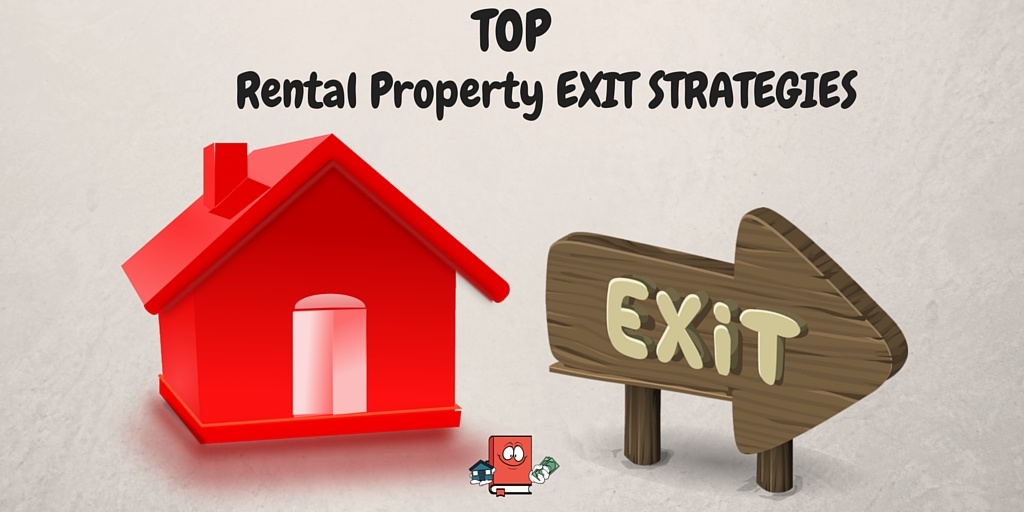Top tips for landlords looking to offload rental properties
Tax changes, new regulations and the scrapping of Section 21 have had a big impact on landlords in the last year or two.
Many landlords are reporting feeling overwhelmed by the sheer number of changes that have been imposed in recent months. Around a third have indicated that they’re considering selling at least one buy-to-let property due to the increasing pressure.
If you’re a landlord who’s considering selling up, these top tips will help to make the process quick, simple and stress-free.
-
Assess your portfolio
If you have more than one rental property, it’s important to consider each property’s profitability before deciding which to sell. A cheaper property that has a higher return on investment may be a wiser property to keep than a larger property with higher rents but also higher overheads and maintenance costs. Selling the more expensive property will free up capital that can then be invested in new, more profitable properties or other investments.
-
Decide whether to sell with a sitting tenant or to give your tenant notice
A big consideration when choosing to sell a rental property is whether to sell it with a sitting tenant or as a vacant property.
If you choose to sell the property with the tenant in situ, it will have an impact on the price you achieve. This is because your pot of potential buyers will be limited to other investors. Fewer buyers competing for your property means you’ll achieve a lower price.
-
Choose when to sell carefully
If you choose to give your tenant notice and sell your property on the open market with vacant possession, it’s important to think carefully about the best time to sell. Much of this may depend on your relationship with your tenant.
Some tenants will be accommodating to viewings of the property before they move out, whilst others could make it difficult to sell until the property becomes vacant.
Waiting until the property is empty will give you the opportunity to carry out any maintenance or decorative tasks required to get the property looking its best. This will give you the best chance of selling quickly and receiving a high price for the property. However, this will need to be weighed up against the cost of having a vacant property that’s earning no rent whilst you find a buyer and the sale goes through – something that takes an average of 4-6 months but can take significantly longer.
-
Avoid expensive vacant periods with a quick sale
If you can’t afford the expense of a lengthy vacant period whilst selling, or don’t want the hassle of a prolonged sale, you could explore some quick sale options. Selling to a cash home buying company enables you to sell your property in as little as a week or, if you are happy to wait longer in the hope that you might get a higher price, you could explore property auction, which will take 6-8 weeks from the point of marketing.



